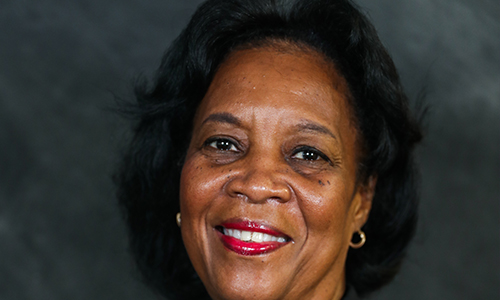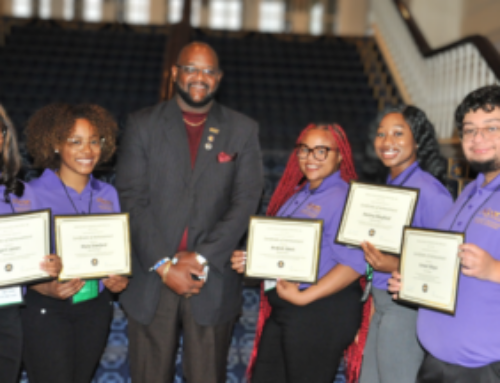Interim Dean Dr. Malinda Butler talks about Alcorn’s effort to end Mississippi’s teacher shortage
Alcorn State University has joined the fight to end the teacher shortage in Mississippi.
The Mississippi Human Capital Task Force, a group that includes Alcorn’s President, Felecia M. Nave, recently released a report on the state’s teacher shortage along with recommended actions to end the shortage and strengthen the teacher workforce.
The University’s School of Education and Psychology plays a significant role in equipping new teachers to thrive by scheduling tutorial sessions and workshops and offering classes to assist teacher candidates with testing challenges. The School also provides alternate route programs —Master of Arts in Teaching (MAT) for certification — at the elementary and secondary levels. This initiative is designed to encourage aspiring educators who hold non-teacher degrees to receive certification at the “AA” level with only 33 credit hours.
The School has developed programs and partnerships with schools within the University, state education agencies, and school districts. To meet the demands for highly qualified new elementary teachers, the School has revised its curriculum to include coursework that addresses the changing demographics of communities and allows for an easier transition of teacher education candidates from community colleges.
Dr. Malinda Butler, interim dean for Alcorn’s School of Education and Psychology, expressed pride in the success of the School’s efforts to combat the teacher shortage in Mississippi.
“These efforts have been very beneficial, and we look forward to increased benefits,” said Butler. “The efforts have increased the number of teacher candidates qualifying for admission and graduating from the program. For example, in spring 2021, the number of undergraduate candidates receiving initial licenses increased from 11 to 16 from 2019-2020, compared to 2020-2021, resulting in a 45 percent increase. Regarding the Alternate Certification Programs (MAT), candidates receiving their “A” level license increased from two the previous year to 17.”
Butler also spoke about the Robert Noyce Scholarship grant that supports recruiting individuals to become STEM teachers. The grant program assists candidates in meeting the testing requirements and pays the student’s tuition up to $10,000 per year during their junior and senior years. Other efforts include moving some class offerings to weekends to accommodate non-traditional and working students, the revision of the School’s recruitment plan, and participating in several local and statewide school districts’ college recruitment fairs and on-campus recruitment activities.
Preparing the next generation for success is at the School’s core, which is why Butler and her staff are adamant about preparing teachers to equip the next generation of professionals for success.
“We prioritize the preparation of highly qualified, proficient, and effective elementary and secondary school teachers and other professional educational personnel. It is our responsibility to address the need to increase the supply based on the demand for teachers. We continue to work with our stakeholders to identify their needs and look for innovative ways to address the teacher shortage.”




